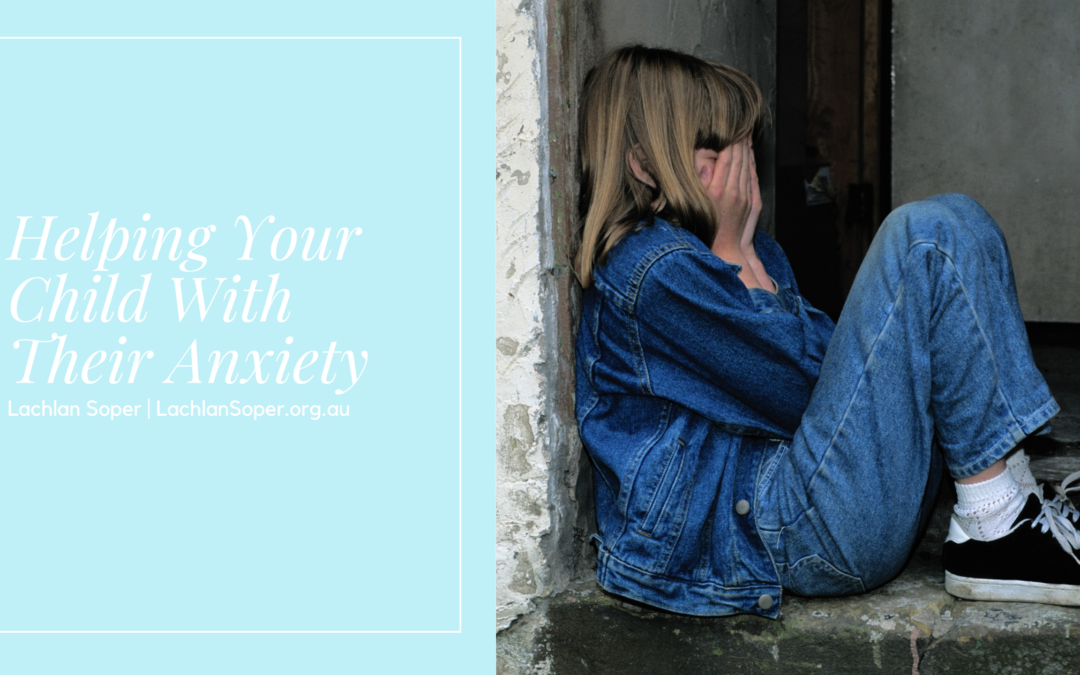Having an anxious child can certainly come with its challenges, but it’s important to help your child with their anxiety. When left untreated, their anxiety can impact both their physical and emotional health. This can cause long term effects well into their adulthood. If you’re struggling to help your child or adolescent cope with anxiety, the following tips can be helpful:
Eliminating vs. Managing
The best way to help your child in the long run with their anxiety is to teach them to manage their anxiety, not eliminate what makes them feel anxious. As a parent, we tend to do all we can to make sure our child is happy, but sometimes this desire can lead to enabling them. By eliminating what makes them anxious, you’re not allowing them to learn how to deal with it. Eliminating teaches them that what makes them anxious simply goes away, which is simply not true. Teaching them to manage their anxiety will allow them to learn how to tolerate and adapt.
Validate Their Fears
Telling your child “there’s nothing to be afraid of” is not as helpful as you believe it be. Fear can be very useful – it is healthy to have fear when approaching the edge of a cliff! Saying things such as this leaves them feeling invalidated for being anxious. It’s essential to validate your child’s fears by understanding that their fear is real and not irrational. Tell them that you understand that they’re feeling anxious and then help them to get to the root of their anxiousness. When your child knows that you respect their fears and why they’re feeling anxious, they’ll be much more comfortable letting you help them face those fears in the future.
Develop Strategies
Although most parents don’t like to hear this: you can’t always be there for your child. Especially for children with anxiety, it’s imperative to help them develop coping strategies for when you’re not there to help them. Helpful strategies for when they’re feeling anxious can be breathing exercises or finding calming activities such as listening to music, writing, and learning to focus on other things to reduce the intensity of their anxiety.
Also, when you’re with them, and they’re anxious – be it for climbing high on Monkey bars, open water swimming, catching public transport for the first time – help talk them through it. Encourage them to (safely) complete the task they are doing under your supervision. Then, after they’ve done it, and they know they can do it, and you have demonstrated the risks and what they can do, they have memories and emotions that can carry them forward successfully into the future.

